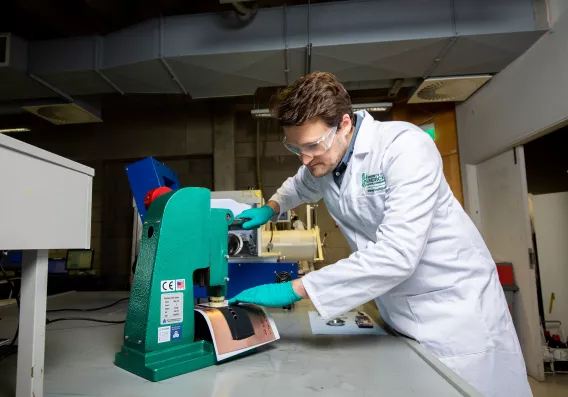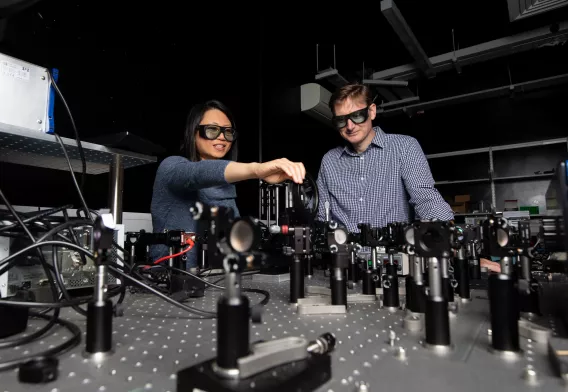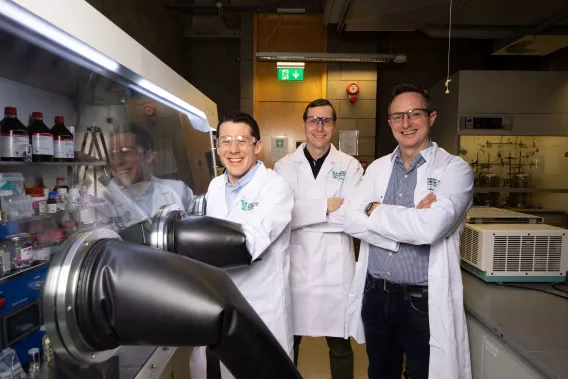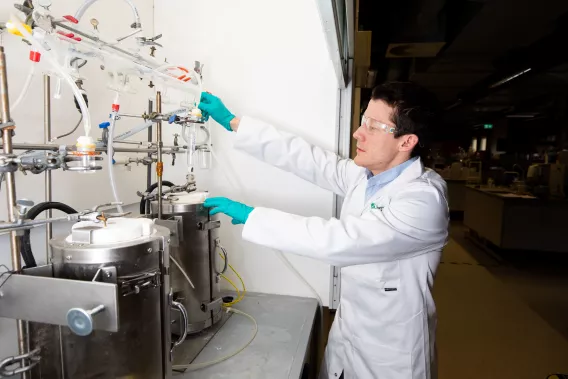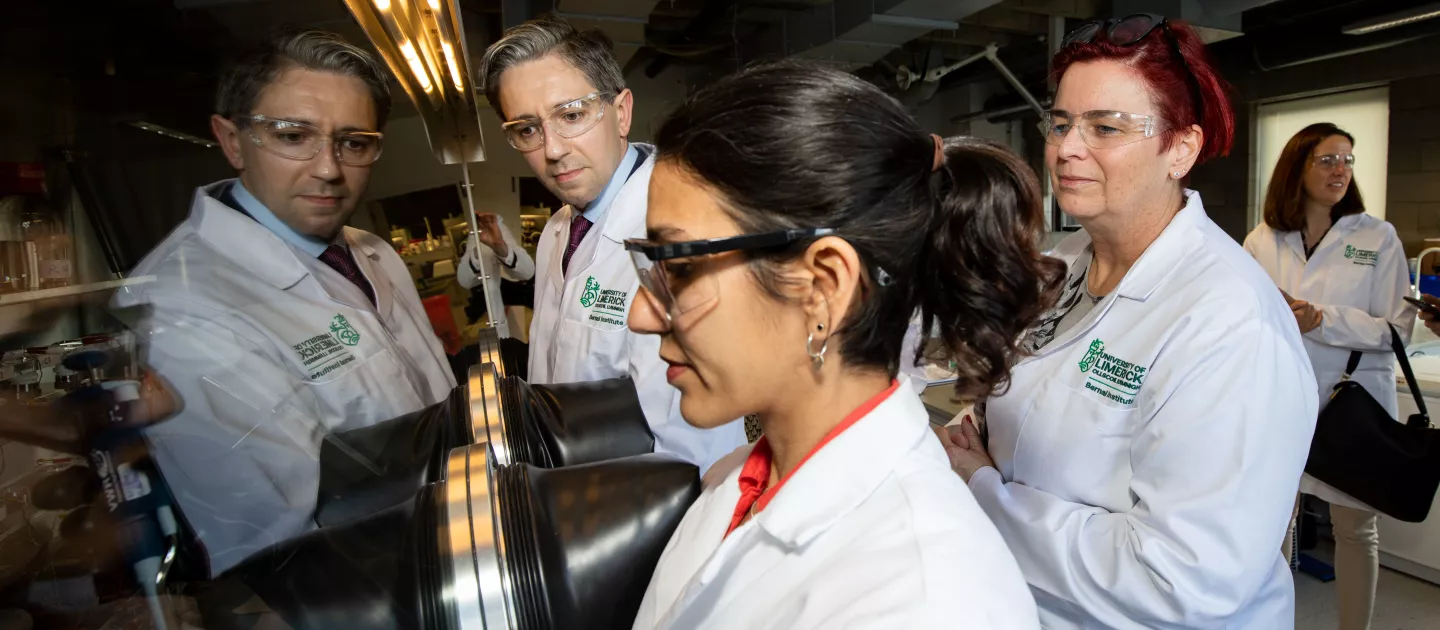Molecular and Nano Materials cluster
Centuries ago, the Renaissance witnessed the development of new design concepts and the importation of new engineering techniques that revolutionised architecture and enabled the construction of buildings, unlike any predecessors. Today we are at a point in time when the expansion of computational power, the development of better/faster characterisation methods and the evolution of synthesis concepts such as self-assembly and supramolecular chemistry have enabled the dream of materials by design to approach fruition. This “materials design revolution” is poised to profoundly influence society by impacting, amongst other matters, energy sustainability and drug development. Simply put, by finding the right chemistry, materials scientists and engineers can gain the level of power that architects have when they design new buildings.
The Outcome: molecular and nanomaterials platforms that are custom-designed to suit tasks as diverse as drug delivery, carbon capture, natural gas storage, heterogeneous catalysis and commodity purification are at hand. This is because each of these challenges can be addressed with novel materials that overcome weaknesses or handicaps of current technologies. Crystal and nanomaterials engineering has recently afforded breakthroughs in both materials design and properties. We also study nucleation and growth in both hard (metal, semiconductor) and soft (pharmaceutical) nanocrystal materials with an emphasis on size, shape and crystal phase control.
For example, functional porous materials called metal-organic materials (MOMs) with unprecedented surface area (i.e. a football field per gram) can reduce energy consumption by catalysis, carbon capture or natural gas storage and multi-component pharmaceutical materials (MPMs) such as (ionic) cocrystals and hydrates enable the development of new and improved medicines. Other applications are in Semiconductor Nanocrystals and Nanowires with emphasis on Synthesis, Assembly and Device Applications in energy storage and conversion applications.
Key areas of research and competencies within the Molecular Nano Cluster include:
- Battery Development
- Development of Chemistries
- Fabrication (SL, Coin, Pouch)
- Characterisation and Testing
- Nanocrystal and Nanowire Synthesis
- NanoPhotonics and Plasmonics
- Carbon Capture
- Pharmaceuticals
- Crystallography
- Piezo R&D, Manufacturing
- Electrochemistry
- Catalysis
